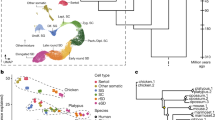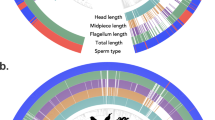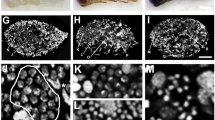Abstract
MY “Structure and Development of the ‘Living Matter,’” reviewed in NATURE of April 21, p. 610, discusses also the origin and fate of some components of animal and vegetable cells. Important new observations at variance with former interpretations based on Meves's work on the spermatogenesis of the guinea-pig, make a revision of the chapters on spermatid organisation indispensable. But Prof. Gatenby's paper on the Golgi apparatus and acrosome development require in their turn a revision, and this was given in “Living Matter.” As its reviewer, Prof. Gatenby objects to several points referring to the problem of the Golgi apparatus, and especially to the origin of the ‘acrosome.’ He tries to find fault with me for technical, personal, and formal reasons, but that is not the point here.
This is a preview of subscription content, access via your institution
Access options
Subscribe to this journal
Receive 51 print issues and online access
$199.00 per year
only $3.90 per issue
Buy this article
- Purchase on Springer Link
- Instant access to full article PDF
Prices may be subject to local taxes which are calculated during checkout
Similar content being viewed by others
Author information
Authors and Affiliations
Rights and permissions
About this article
Cite this article
VEJDOVSKÝ, F. Czechoslovakian Cytology. Nature 122, 167–168 (1928). https://doi.org/10.1038/122167d0
Issue Date:
DOI: https://doi.org/10.1038/122167d0
Comments
By submitting a comment you agree to abide by our Terms and Community Guidelines. If you find something abusive or that does not comply with our terms or guidelines please flag it as inappropriate.



